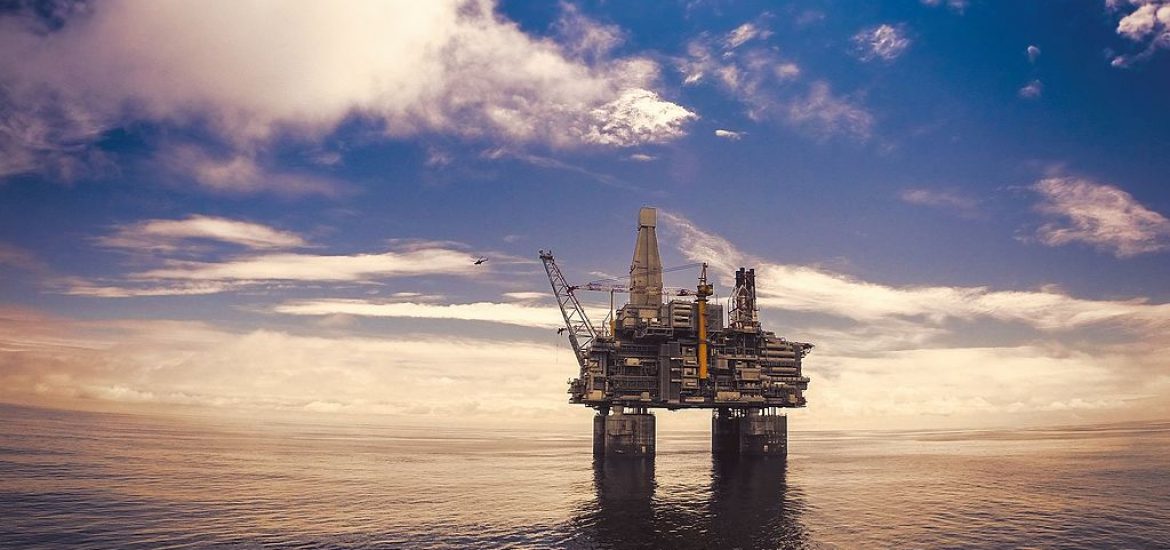
The Russian Pacific Sakhalin-1 oil project, led by ExxonMobil, has reportedly ditched plans to boost output by 25 per cent this year after it was ordered by Moscow to return to earlier, lower production limits.
There is speculation that higher output from the project might have endangered Russia’s pledge to control crude-oil output in a deal agreed with Opec (Organisation of the Petroleum Exporting Countries) and other oil exporters.
Russia’s oil production has just reached record post-Soviet levels.
Sakhalin-1 operates under a mid-1990s deal with all plans cleared by the provincial government in the remote island that was Japanese-occupied before 1945.
ExxonMobil had received preliminary approval for a new quota last month and set output for this month at 250,000 to 260,000 barrels per day (bpd), up from 200,000 bpd in 2017.
But the company has now reportedly been ordered by the authorities on Russia’s largest island to return to the previous quota of 200,000 bpd.
Sakhalin-1 is now operating below the production quota of 200,000 bpd, according to industry sources.
A Russian energy ministerial source told Reuters that Sakhalin-1 would continue to operate under previous quotas until the Natural Resources Ministry altered the production scheme.
The authorities refused to comment.
And international politics continues to impose upon the island’s output in other ways. In 2015 the US State Department added that the undeveloped Yuzhno-Kirinskoye field, part of the Sakhalin-3 licence block, to its sanctions list in the belief that it contained significant oil reserves.
“Everyone expected production to rise and sokol supplies to increase, there was an understanding that everything’s approved, but then something went wrong,” said a crude-oil insider, using “sokol” in reference to the grade of crude oil exported from Sakhalin-1.
Despite the fall in the price of oil after 2014, the decision by Moscow to allow the rouble to devalue helped insulate the Russian oil and gas industry from the impact of the falling oil price.
“I think this is related to the agreement with Opec to cut oil production,” Andrey Polishchuk, an energy analyst at the Raiffeisenbank in Moscow, was quoted saying.
He added that the authorities had “limited production of all the large companies in Russia” in line with the deal on global supply reductions, which began in January last year and was due to run until the end of this year.
Off Sakhalin in the Pacific Ocean. Picture credit: Wikimedia





